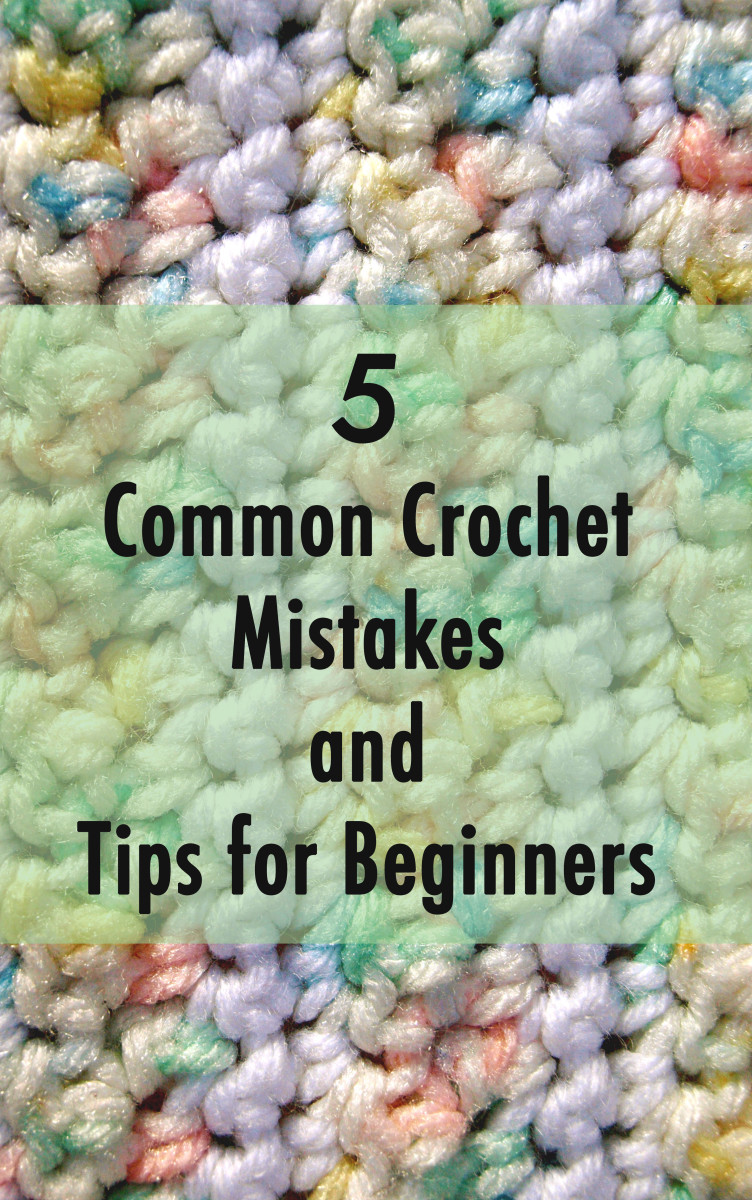How to Write Like a Pro: Five Common Usage Errors to Avoid
The Information Age has been wonderful in resurrecting writing as an art form. Unfortunately, even though many of us are writing more than we ever did before, we aren't necessarily writing any better. Thanks to email and text messaging we've often become quite casual about our prose, dropping brb's here and cya's there instead of spelling the words out, and grammar rules are often cast aside in favor of methods that get your message across quickly.
Casualness might be fine if you're writing on the go, but it's never appropriate in a more formal venue. Yet spelling out abbreviations is only a first step. What follows are five common usage errors that appear time and time again in Internet prose. Avoid them and you're well on your way to distinguishing yourself as a pro.

1. Using It's When You Mean Its
This is perhaps one of the most frequent mistakes appearing on the Web. It's is a contraction of the words it is (or it has) and always takes an apostrophe. Its -- the possessive adjective identifying something that belongs to something else -- never does.
The confusion comes because there are indeed plenty of possessives which use the apostrophe-s structure: the men's room, Lady Gaga's meat dress, Kim Kardashian's wedding. But in those instances you're taking a noun and making it a possessive. You don't need to do that for its. Treat it just like you would the possessive pronoun his and leave the apostrophe out.
2. Using Loose for Lose
Here we have a case of two words that look and sound similar but actually mean two different things. They also have different origins.
The verb lose (with one o) has several definitions, but most of them have to deal with loss or deprivation: He's going to lose the election. She's planning to lose weight. They are going to lose their minds. The verb loose (with two o's) means to set something free or release it: Alfred has to loose the birds before he can start filming. It's the same idea when you use loose as an adjective: Sounds like he's got a screw loose. Loose lips sink ships.
Depriving and releasing are not the same thing at all. Losing your mind -- in the sense of not having one anymore -- is a bad thing. Loosing your mind -- freeing it up, in other words -- can be very, very good. Ask yourself if you want to convey the idea of being "on the loose" and you'll remember which word is correct.
3. Using Breathe for Breath
This one is pretty straightforward. Breathe is the verb. Breath is the noun. Don't hold your breath. Don't breathe a word.
There are actually quite a few pairs of words like this: bath and bathe, loath and loathe, sheath and sheathe. In each case, when it's a verb you want, use the one that ends with e.
Hope that helps you breathe a little easier.
Some Ways to Improve Your Grammar
4. Using There for Their (or There's for Theirs)
They may sound exactly the same, but these two words are very different. Their is an adjective, identifying something belonging to them: their coats, their shoes, their honeymoon, etc. There is an adverb showing where something is. Note the difference in the following sentence: Their house is over there.
What's often confusing is the fact that there doesn't have to be a literal place, as in the sentence You may have a point there. There may also refer to the fact that some condition exists: Boy, there sure is a lot of traffic. Regardless of the specifc use, the general rule remains: if you're talking about a group of people, you use their. For places -- real, imaginary, or theoretical -- use there.
In a similar vein, theirs refers to people, while there's is a contraction of there is or there has: There's a car blocking the driveway. Whose is it? It's theirs.
So, again, their is for people and there is for places. Another way to remember the difference is that there (the place word) looks a lot like where.
5. Using Alright Under Any Circumstances
Last we come to an error which some people don't think is an error.
Old school grammarians insist that there's no such word as alright. It's two words -- all and right. Using alright, they argue, is a sign of laziness and ignorance, despite the fact that more than a dozen popular songs have alright in their titles.
The source of confusion about alright may be due to the fact that the "word" looks a lot like already. All is a word and ready is a word. Put them together and you've got already, which is also a word. Should not the same logic hold true for all, right, and alright?
Uh, nice try, but no. Already is not a short way of saying all ready. It conveys a completely different idea. We are all ready to go, which we need to do soon because it's already getting late.
Other folks are more charitable, saying alright is perfectly acceptable if one uses it (especially in dialogue) to mean okay rather than all correct, which would indeed require the use of all right.
There may come a time when alright is accepted by the majority of editors, if not as a valid spelling of the concept, then at least as an acceptable alternative. That day is not today, however. So unless you're on an orthographic crusade of some sort, better to play it safe and eliminate alright from your writing altogether.
I hope you're all right with that.









